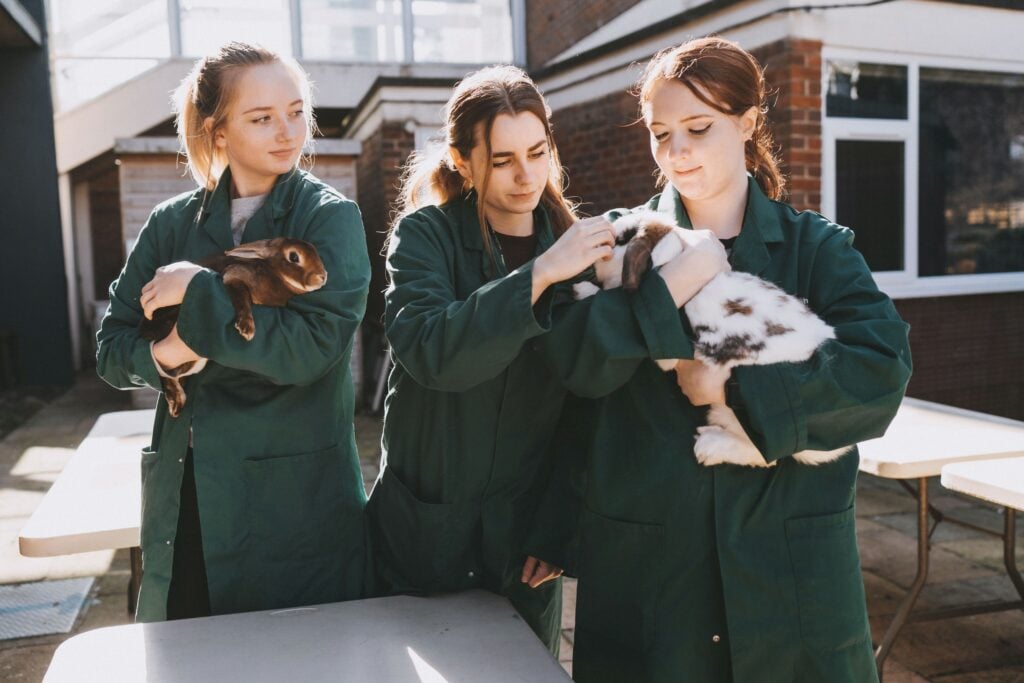Who is it for?
This course is aimed at students who strive to be part of an adaptive, responsive, conscientious and welfare-focused workforce to deal with the many challenges and opportunities the animal management sector may face in the future.
The course encourages students to develop their analytical and critical evaluation skills through the assessment of animal welfare, application of behaviour modification strategies and evaluation of captive husbandry to enhance animal management practices and promote animal health, welfare and conservation outcomes.
The course also focuses on the ethics of animal management and discusses mitigation strategies for growing human-animal conflict issues to encourage sustainable coexistence. You will learn about appropriate research methodologies and data analyses in preparation for their dissertation, in which students will undertake an independent research project to analyse a specific research question/hypothesis. On the course, you will have a unique opportunity to enhance your practical animal management skills and contextualise your learning by working behind the scenes with a range of rare and endangered species at Whipsnade Zoo (part of the Zoological Society of London).
You will undertake a series of visits throughout the year to learn about exotic animal management and its challenges and get hands-on with enrichment building, accommodation maintenance, feeding, handling and undertaking essential research.
You will also have the opportunity to study in the on-site Animal Management Centre which is home to over a hundred species of exotic and domestic animals ranging from hamsters, rats and budgies to tenrecs, meerkats and pythons.
To view the course specification, click here.

